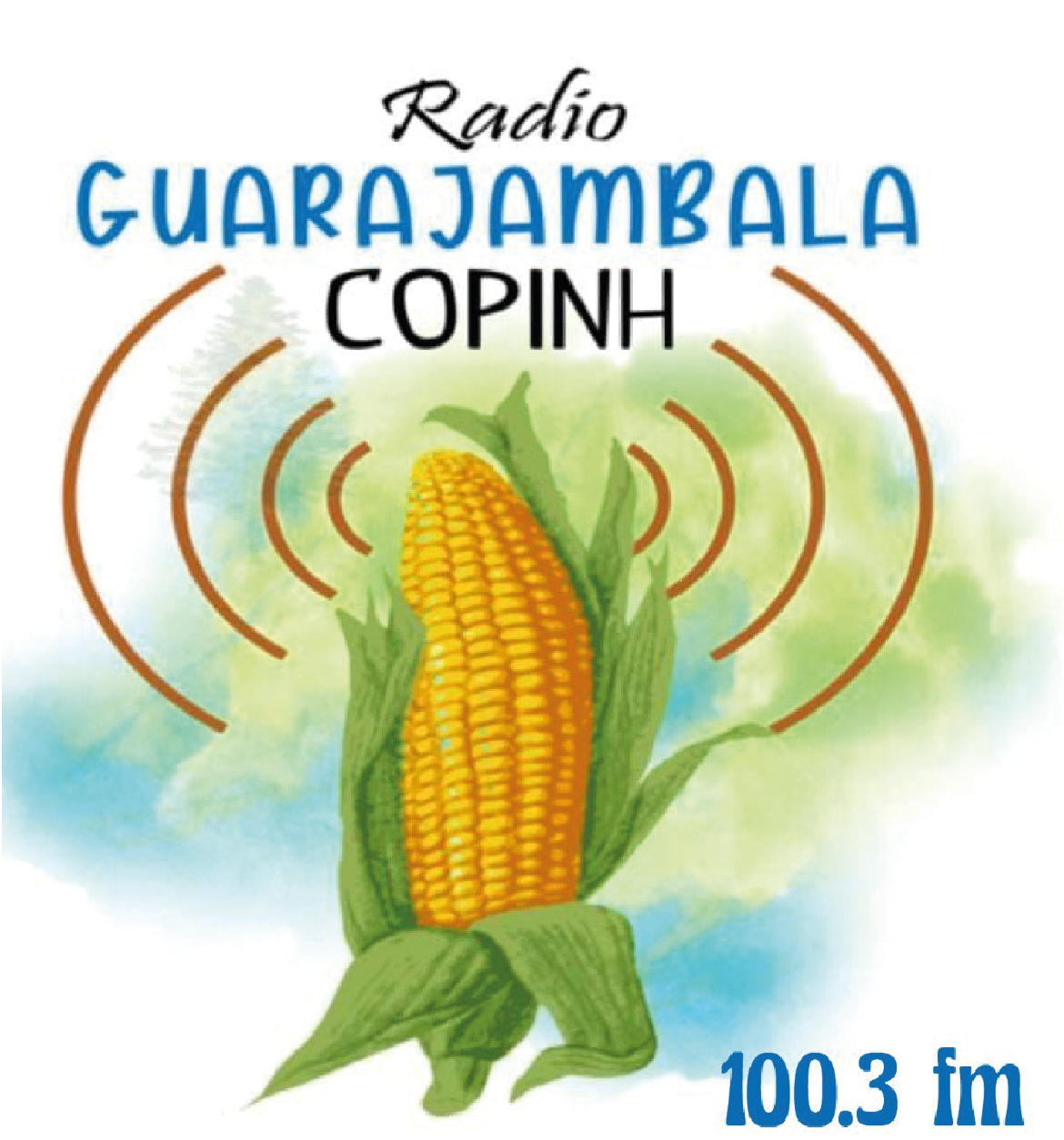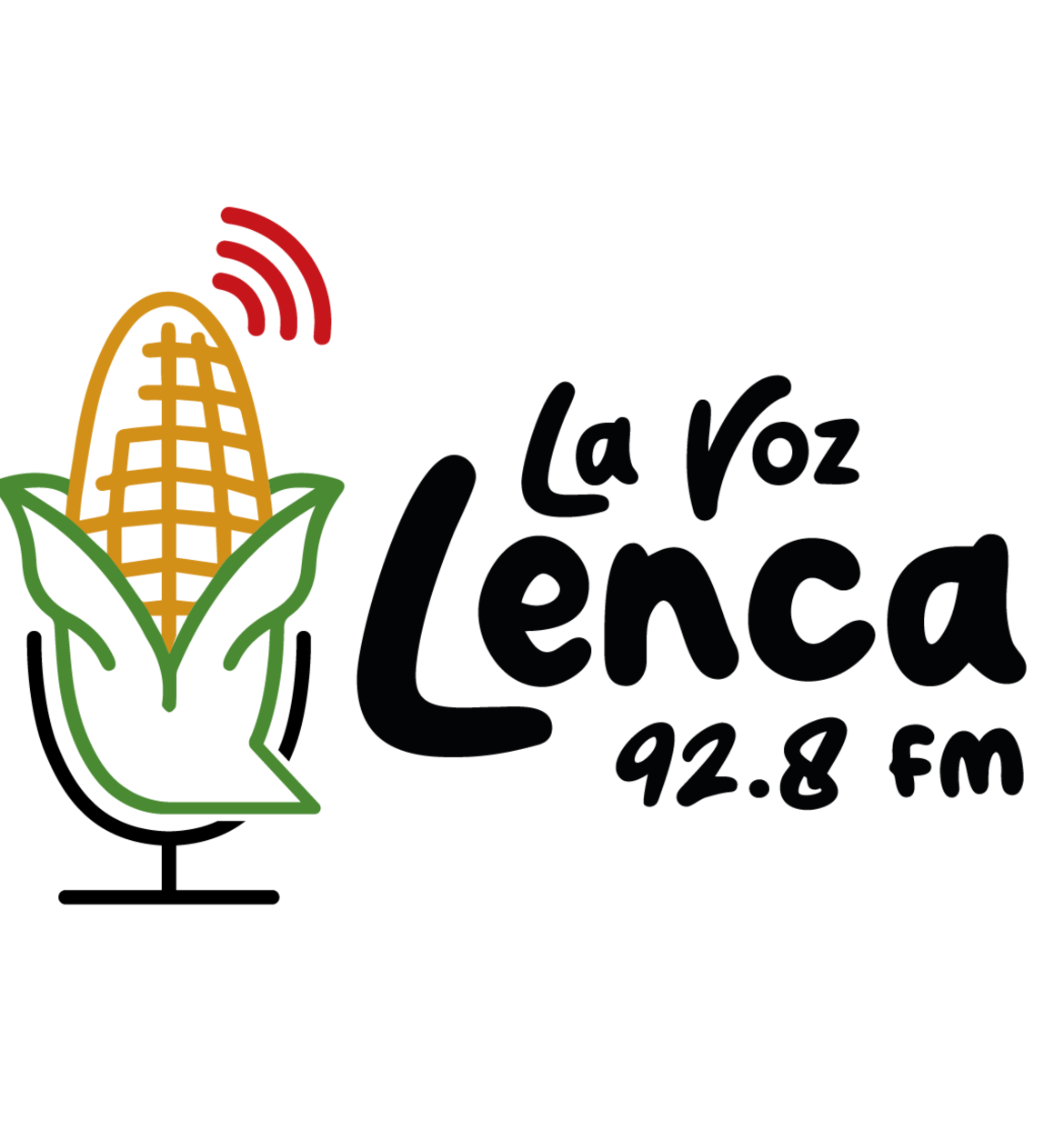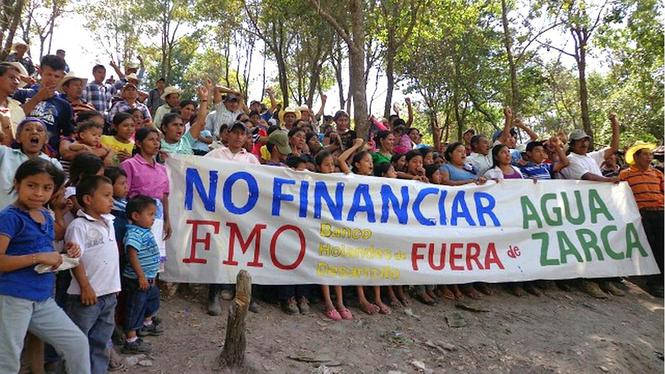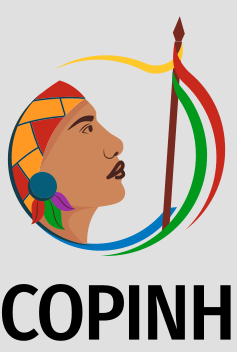17 May2021
The Hague
Linda Broekhuizen
FMO – Netherlands Development Finance Corporation
Anna van Saksenlaan 71
2593 HW The Hague, the Netherlands
RE: concerns related to FMO’s proposed and existing investments in FICOHSA
Dear Ms. Broekhuizen,
On the 7th of July 2020, a public letter[1] was sent to urge FMO not to provide a new loan to Banco Financiero Comercial Hondureño S.A. (“FICOHSA”), which has been signed by 39 organisations, of which 17 are Honduran organisations. In addition, on the 8th of July 2020, Oxfam Novib expressed its deep concern regarding the proposed investment supplemented with a number of questions relating to the proposed investment and the existing financial relationship of FMO with FICOHSA.
Unfortunately, to date, the request by Honduran organisations for a meeting has not been honoured. Despite FMO reiterating the importance of stakeholder engagement in their public communication[2]. Neither did Oxfam Novib receive a written response to our concerns/questions sent in July 2020.
Through this letter, we want to urge you again not to approve the loan to FICOHSA. We also request an update about FMOs process in relation to this loan. We consider the way of handling our concerns and questions not as good practice and conflicting with the intention of ex-ante disclosure; to actively seek input and perspectives from its stakeholders, including on potential environmental and human rights violations.
Disclosure and accountability:
FMO has been investing in FICOHSA since at least 2007. FMO seems to justify its investment on the basis of progress being made in improving impact as per FMO´s objectives. Since 2007 we find FMO´s accountability on this progress has been limited and Honduran stakeholders have had little or no information on progress. After 14 years, this progress must be substantial to justify continuing. Furthermore, we see Honduras is a high risk context and FICOHSA as a high risk client in a high risk context. FICOHSA has been linked to a number of controversies including Dinant, DESA and breaking anti money-laundering rules in Panamá, as elaborated in our previous letter. FMO should communicate sufficiently detailed evidence to stakeholders on progress to date, and especially on:
- Improvements to FICOHSA´s due diligence as per the UN Guiding Principles – including human rights risk assessments and stakeholder engagement
- How FMO monitors FICOHSA to ensure due diligence
- How SMEs are being supported by FICOHSA
While FMO’s investment in FICOHSA as a financial intermediary is intended to strengthen Honduran Small and Medium sized Enterprises (SME), evidence shows that loans to financial intermediaries by development institutions are not sufficiently monitored and held to account, which is also backed by the latest evaluation of FMO on Financial Intermediary lending which find that 60% of FI-A & B+ clients have red or amber scores on E&S due diligence and no progression of red or amber risks has been monitored in the past 2 years[3].
Strengthening SME business:
We question whether FICOHSA is in practice strengthen SME business. While many Honduran SME’s might qualify as small or medium size, many of such companies are actually owned by extremely wealthy entrepreneur families. This raises the question whether FMO’s aim to stimulate upcoming businesses in Honduras is achieving its desired effect, or in fact accomplishing opposite results. FMOs definition of SME could include activities that result in significant harms to communities, for instance, DESA Company could be considered as an SME. FI’s, and in this case FICOHSA, are not required to disclose information on their investments with DFI’s loans. This is problematic, communities are unable to participate in decision making about the projects. It also impedes the possibility of holding financiers of harmful projects to account.
In addition to expressing our deep concerns regarding FMOs long-standing financial relationship with FICOHSA and urgent plea not to provide another loan to FICOHSA, we seek to find answers on the following questions:
- What is the main reason for FMO considering this additional investment – which is even expanding in size to 60 million – despite the issues raised in relation to FICOHSA?
- What improvements in FICOHSA living up to the IFC performance standards have been achieved after FMO financing the bank for 13 years?
- What guarantees are provided that FMOs finance to FICOHSA did not end up in the Agua Zarca project?
- How did FMO verify if there have been financial transactions from FICOHSA to Las Jacarandas, and what were FMO’s findings in this regard? If there have been financial transactions from FICOHSA to Las Jacarandas, what were these transaction for, when were these disbursed and what were the amounts? Are there any loan agreements or other documents to support FMO’s findings and conclusions? Also, what other projects have been part of the portfolio of Las Jacarandas?
- Did FMO analyse the evidence of the court cases that the previous letter referred to? What have been FMO’s conclusions on this evidence?
- What kind of monitoring FMO has in place to ensure that this FICOHSA investment will not harm local communities?
- FICOHSA is not required to disclose information on their investments with DFI’s loans. How does FMO see this in relation to the ability of communities to participate in decision making about the projects? Is FMO willing to contribute to strengthening the position of communities to participate in the decision making process?
- Is FMO willing to invite Honduran organizations to the table, to discuss their concerns regarding the proposed investment and involve them in the decision making around the investment?
We reiterate that we do not believe that the FMO’s support to FICOHSA will in any way contribute to the development of Honduras and urge you once more not to approve FMO’s loan to FICOHSA.
Yours sincerely,
- Oxfam Novib
- Both ENDS
- SOMO
- BankTrack
- COPINH
- Honduras Forum Switzerland
- Profundo
- Impunity Watch
- International Rivers
- Urgewald
- Inclusive Development International
- Fund Our Future
- Biofuelwatch
- Iniciativa para las Inversiones Sustentables China-América Latina (IISCAL)
- International Accountability Project (IAP)
- Protección Internacional Mesoamérica
- Center for International Environmental Law (CIEL)
- Recourse
- Informationsgruppe Lateinamerika (IGLA)
- Equipo Jurídico por los Derechos Humanos
- Environmental Defender Law Center (EDLC)
- Global Forest Coalition
- Project HEARD
[1] https://www.bothends.org/uploaded_files/inlineitem/Letter_FMO_FICOHSA_.pdf
[2] https://www.fmo.nl/stakeholder-engagement
[3] https://reporting.fmo.nl/FbContent.ashx/pub_1000/downloads/v201103155523/200701%20Final%20report%20FI%20Evaluation_ext.pdf




